There are a lot of different reasons a man grows a beard. For some it's cultural, for others, it's religious, and in some cases, it's pure style. For me, it's because I don't like shaving.
I've had a beard on and off for as long as I can remember, and most of the time, the beard has come about because I left it long enough without shaving that it turned into facial hair. On a few occasions, I have attempted to have it shaped or styled, but most of the time I go for the Grizzly Adams look.
With this in mind, and inspired by the brilliant article from Kaycee Hill on using ChatGPT to see which hairstyle best suits her face, I thought I'd ask the AI how I should trim my beard.
I'll take the best of the suggestions from ChatGPT to my barber at the weekend and have him trim my beard to its specifications. What's the worst that can happen? I can always shave it off.
Incidentally, on the rare occasion I do shave, I swear by the Philips OneBlade as it is gentle on my skin but very accurate. Its also currently 21% off on Amazon, priced $29.
Asking ChatGPT about my face
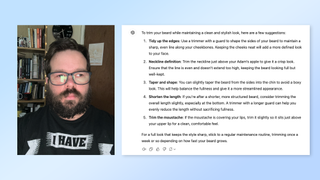
I am not good at going to the barber. I find small talk difficult and so I'll grow my hair to a point where I can't see anymore and my beard to a point where birds could nest in it just to avoid having to sit in a barber's chair and talk about myself. If this experiment with ChatGPT works, it will be a game changer.
To kick things off, I need to take a photo of myself and send it to the AI. I should also send a clean-shaven photo of myself to the AI as well so it has a concept of my face shape without the beard. It can then analyze those images and make predictions and suggestions.
This is made possible because of a technology called AI vision. This is something ChatGPT's underlying GPT-4o model does natively because it was trained on images, video, sound, and text, and not just on text alone.
Future versions of AI vision tools will also be able to take video which will give me a 3D interpretation of my face for more accurate and rounded suggestions. A workaround for this in the meantime is just to give it more pictures — take something from the side, take something from the front, above, below, whatever it takes to give it an accurate picture of your face.
If I'm happy to sit and let my beard grow to a point where I can stick a comb in it and it stays, it's clear I'm not going to go to that level of detail. So for this experiment, getting a full-on photo of my face from the front and a similar photo from before I had the beard will suffice.
What does ChatGPT suggest?
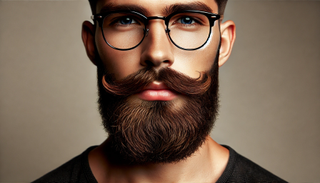
I broke the process down into a few steps. First, I sent it a photo of me right now as I look — beard not only unshaven but unbrushed — and its first suggestions were quite simple: tidy the edges, define the neckline, taper and shape, and then shorten the length a little bit. All straightforward stuff that if I had the time, inclination, or energy, I probably should have done before taking the photo.
Based on its suggestion, I need to let my beard grow a bit longer first because the image ChatGPT generated had a lot more facial hair than I do. But the suggestions were spot on, and I will be taking them.
So I then asked what style of beard I should go for based on my face shape. At this point, ChatGPT offered a few different beards. For example, a full beard just tidied up, a short box beard, a beard-stache (which is apparently a hybrid of a mustache and a short beard), a corporate beard that is medium length and properly groomed, and a tapered beard for a sleek look.
But I wanted something I could give to my barber, so next I sent it a photo of me after my last beard trim and a photo of me from a few months ago when I had the razor on the wrong setting and accidentally shaved off my entire beard. This was to give it an idea of my face shape.
ChatGPT gave me the choice of keeping the full beard but tidying it up, trimming it right back and going for a stubble look, going for a goatee (which any man that's done a clean shave will have at least tried once), or go for the full mustache and stubble look. This wasn't for me, so I asked it to make a recommendation based on my face shape and offer one suggestion that I can take to my barber as an example.
Based on ChatGPT's suggestion, I need to let my beard grow a bit longer first because the image it generated had a lot more facial hair than I do, but the suggestions were spot on and I will be taking them.
So here's what I'm going to be telling my barber:
- Tapered sides: Slightly taper the sides of the beard to create a clean and sharp look without losing too much volume.
- Fuller chin: Keep the beard fuller at the chin to balance the shape of your face and give a strong, defined look.
- Defined cheek and necklines: Ensure the edges along your cheeks are sharp and clean, and the neckline is well-defined just above the Adam's apple.
- Medium length: Keep the overall beard length medium—enough to maintain fullness but not too long, making it easier to maintain.
- Well-groomed mustache: Ask to have the mustache neatly trimmed and smoothly connected to the rest of the beard for a cohesive style.
Final Thoughts
AI vision is incredibly powerful; it's a very easy way to get quick analysis of an image and use that analysis in a new way. One way I've used it regularly is in cooking — I'll take a photo of some ingredients and ask it to suggest a recipe that I might not think about myself.
This is the first time I've used ChatGPT and AI vision to come up with a facial hair arrangement, and given that I am overdue for a beard trim, it seemed like a good opportunity to try something new.
If you go down this route — of handing control over your face to AI — you don't have to use ChatGPT. All of the major AI chatbot services have a vision functionality, including Meta AI, Gemini, and Claude. Although when I tried Gemini it refused because it was a picture of a person.
I actually preferred Claude's suggestion as it was more focused, identified my jawline and face shape then gave specifics to tell the barber, even more so than ChatGPT. This included telling him to trim to about 1.5 inches below my jawline and clean up the cheeklines while keeping them natural.
Claude (the new Sonnet 3.5 version) gave me this final nugget of wisdom: “Consider this your cheat sheet for skipping the small talk at your next barber visit — just show them these specifications!.” Thanks, Claude, I will.
More from Tom's Guide
- OpenAI shares a new GPT-4o advanced voice demo — it can teach you a language
- ChatGPT Advanced Voice is out — 9 examples showing why you should be excited
- ChatGPT-4o Advanced Voice features — OpenAI just revealed when they’re coming

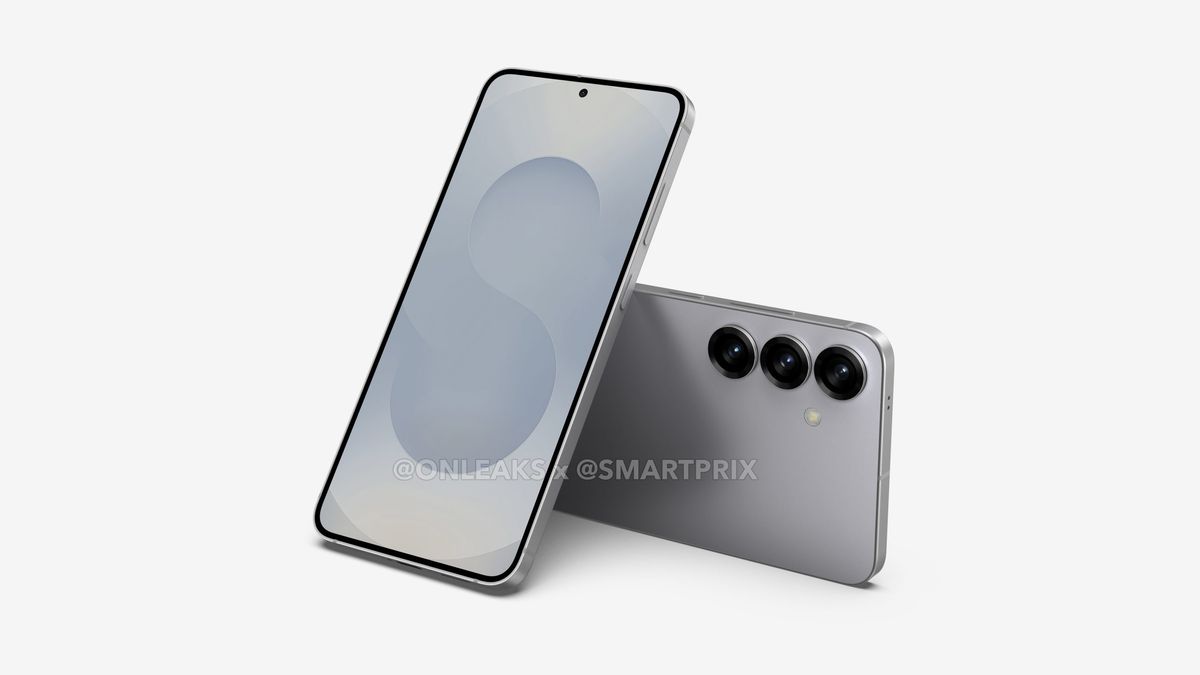
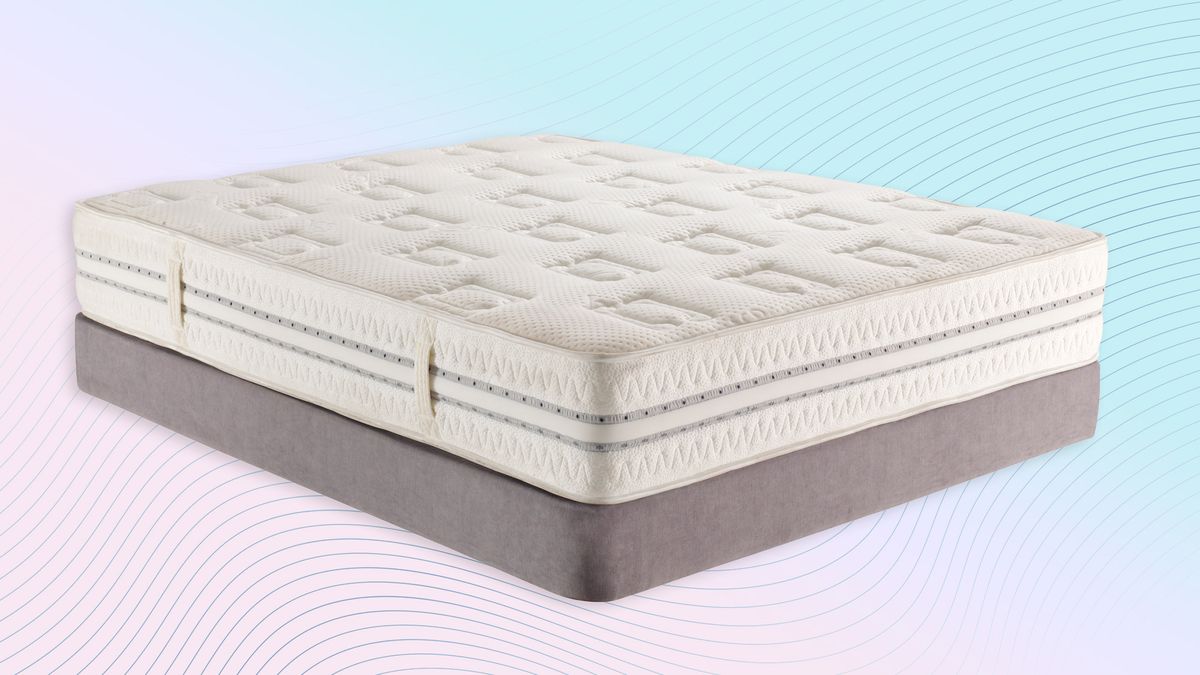
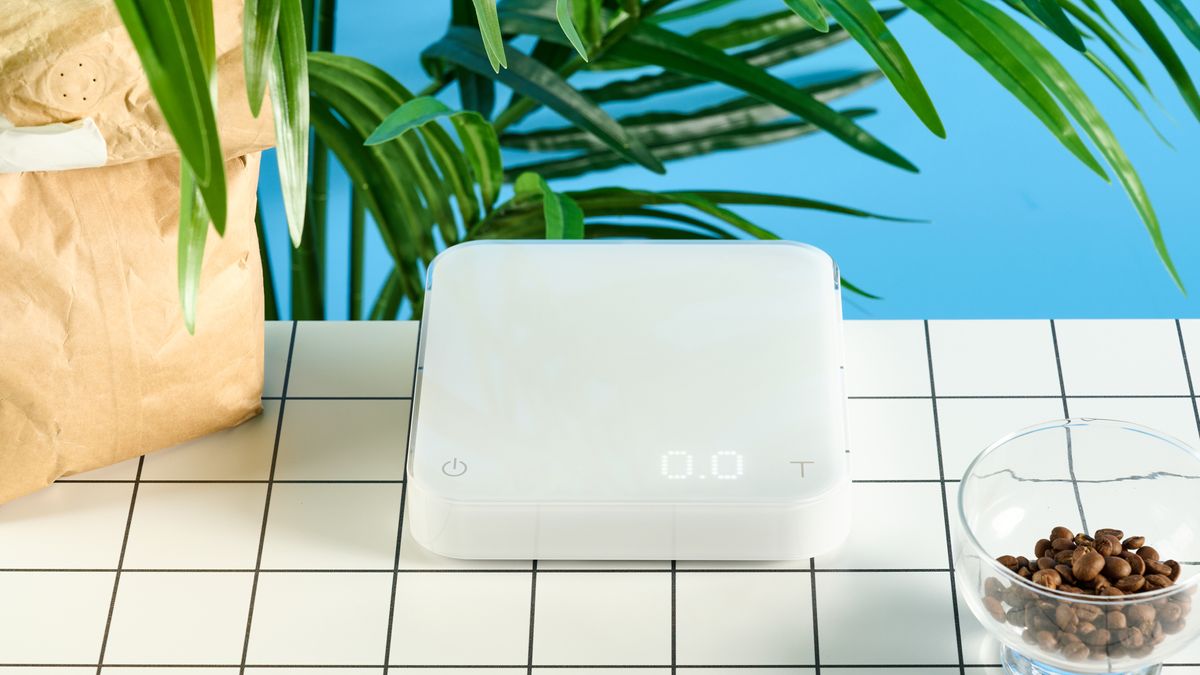
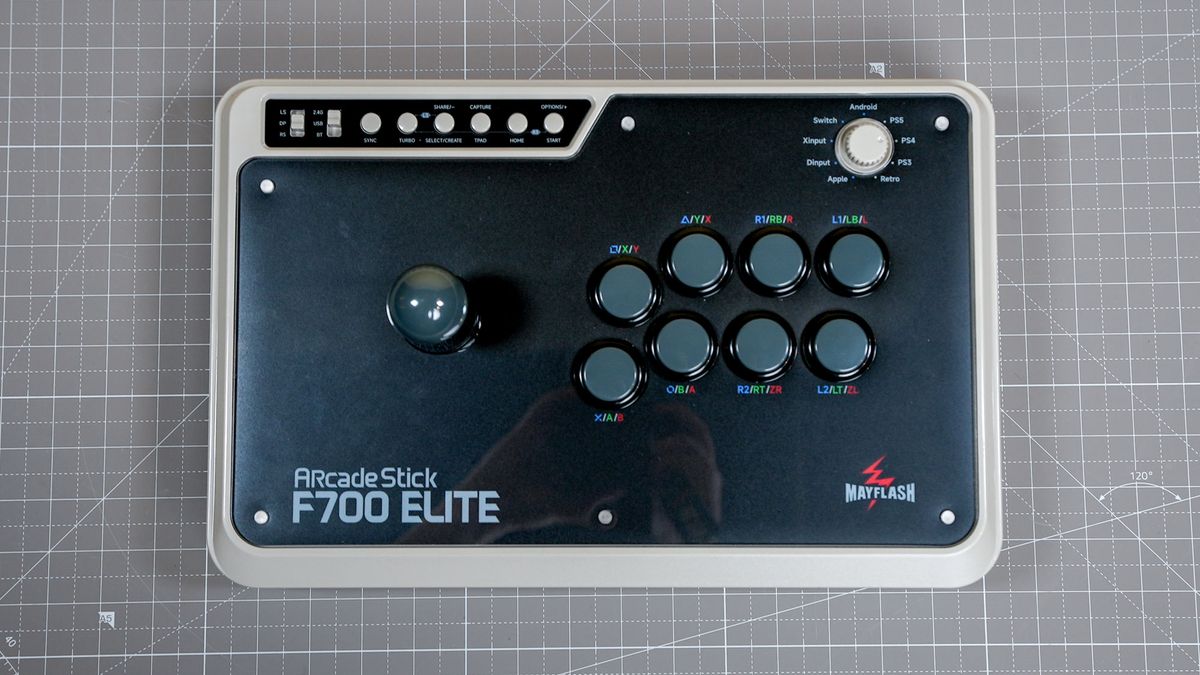

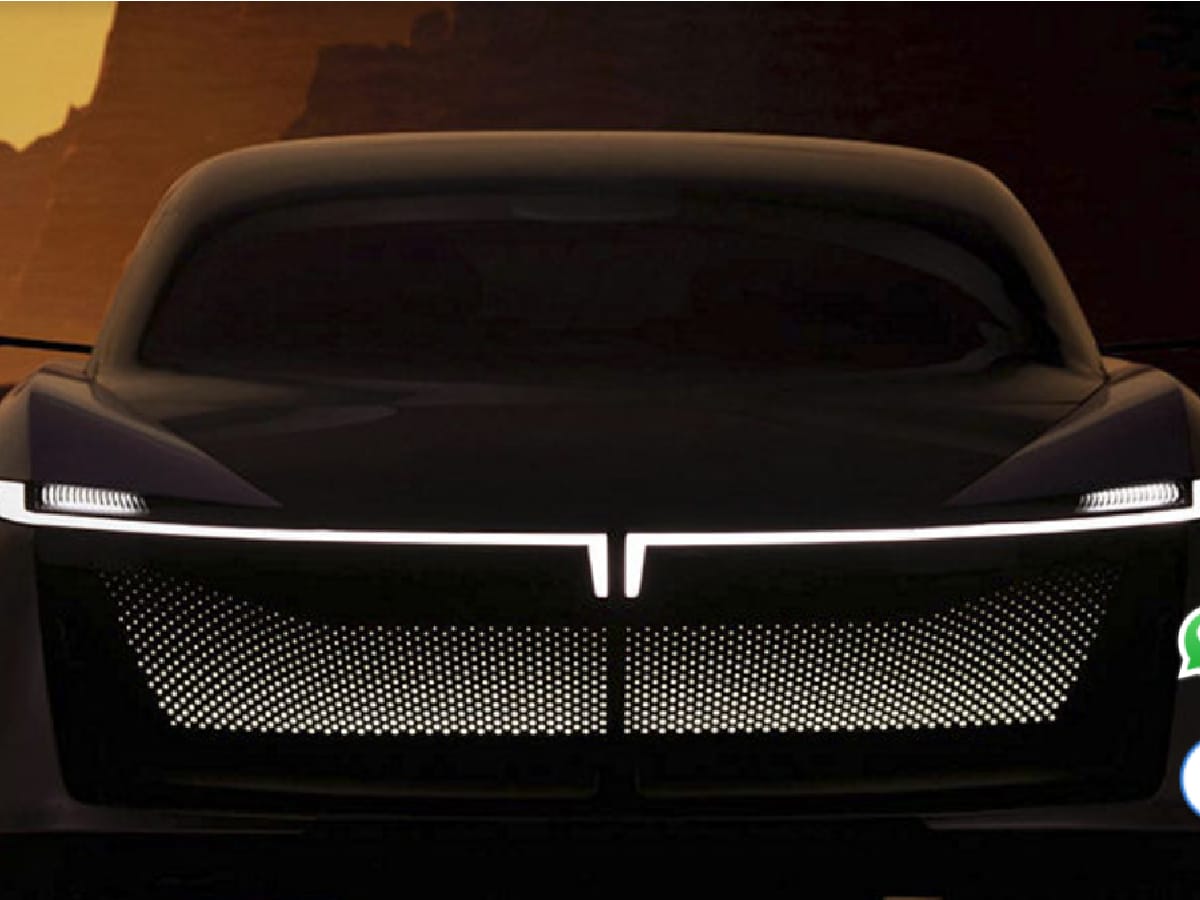
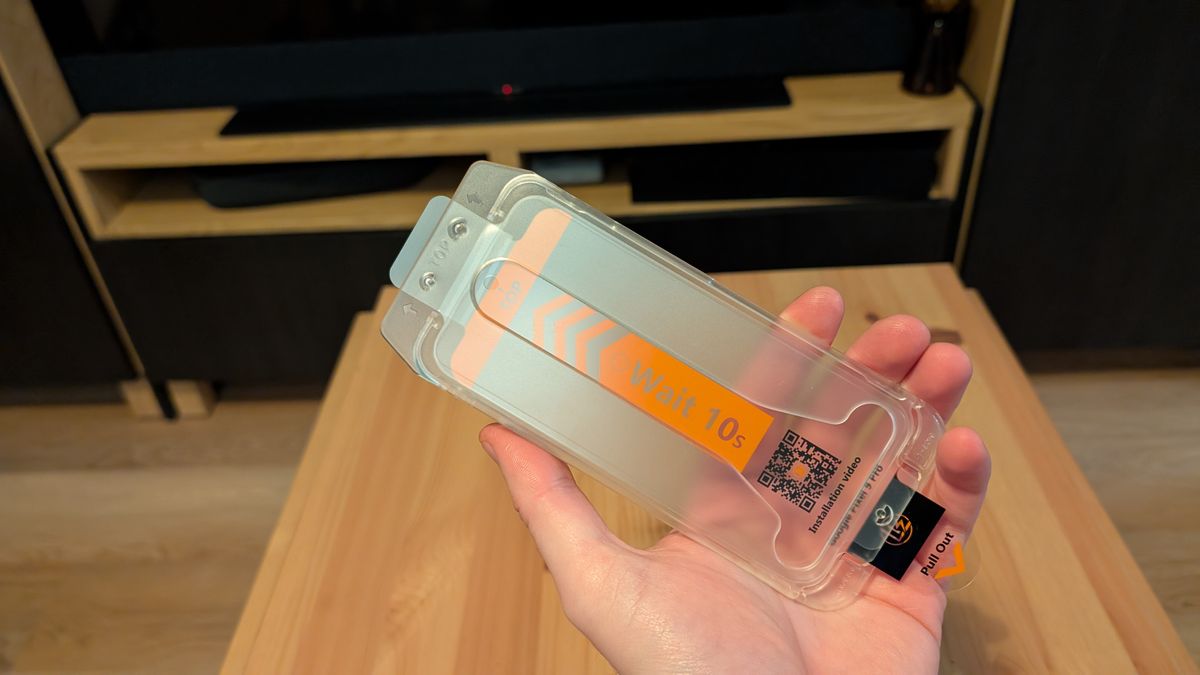


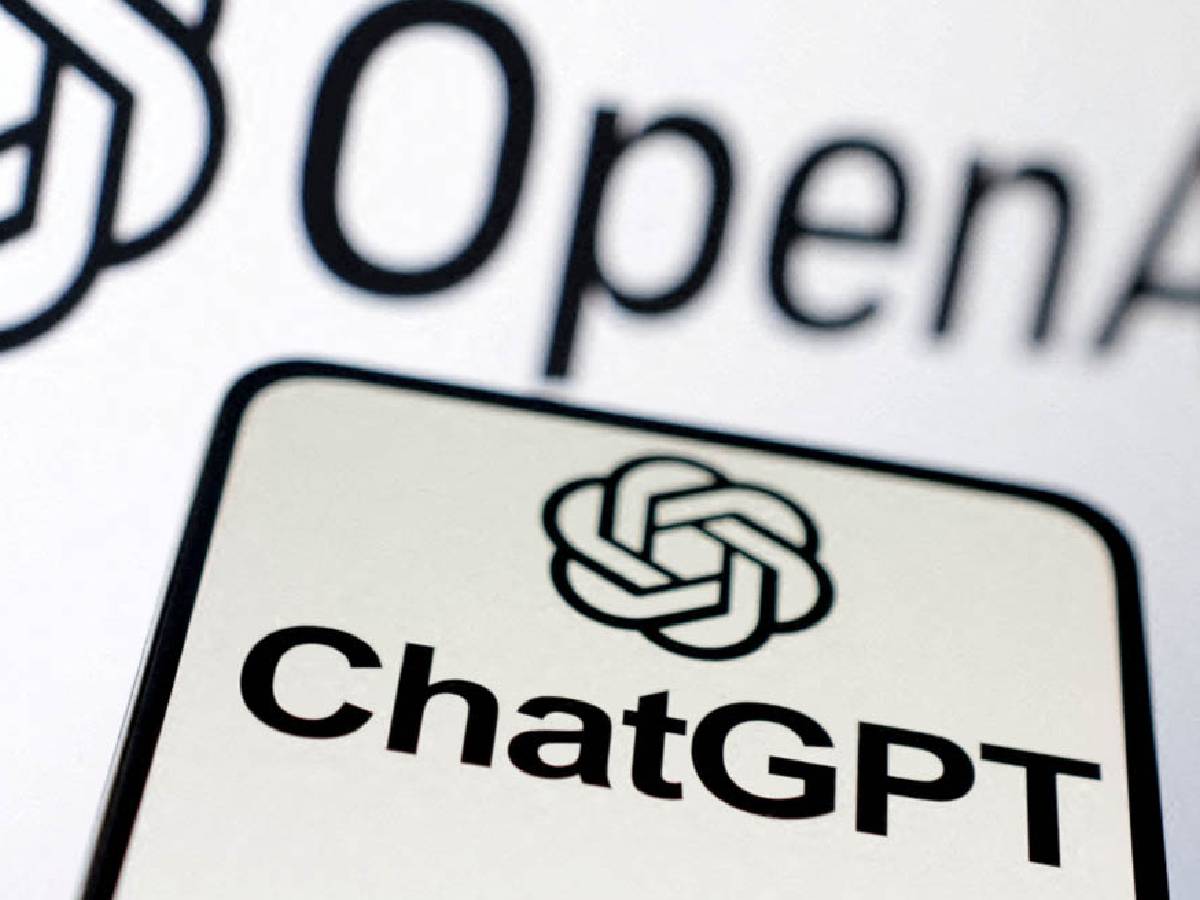
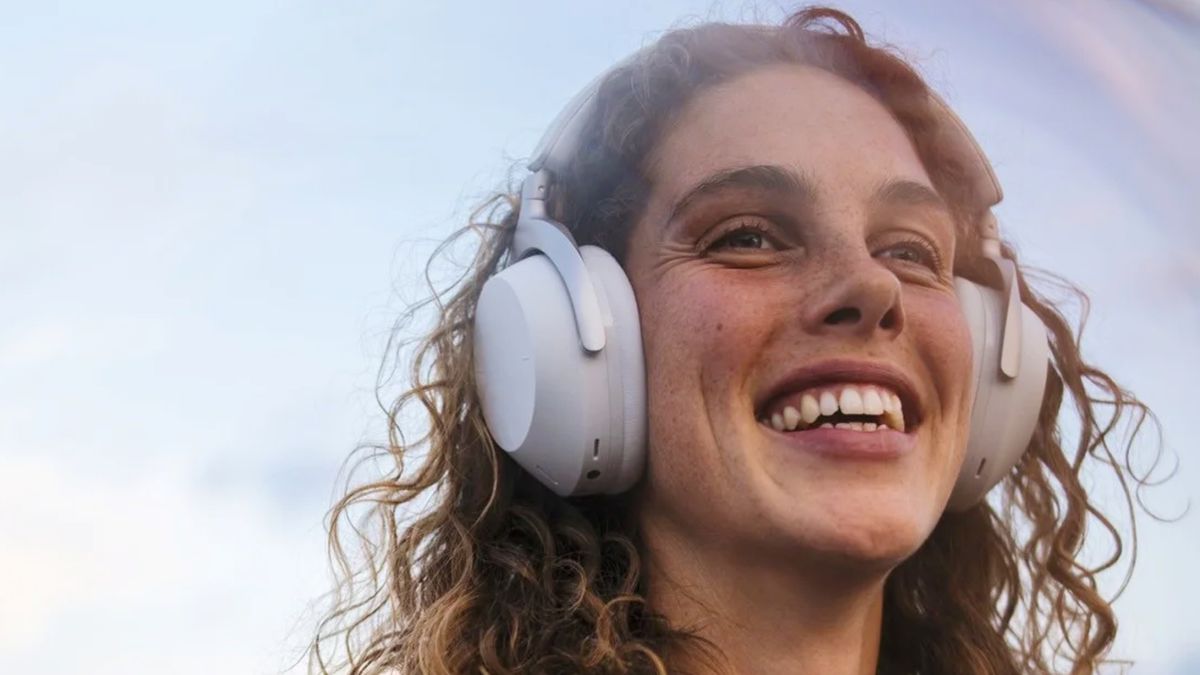









 English (US) ·
English (US) ·